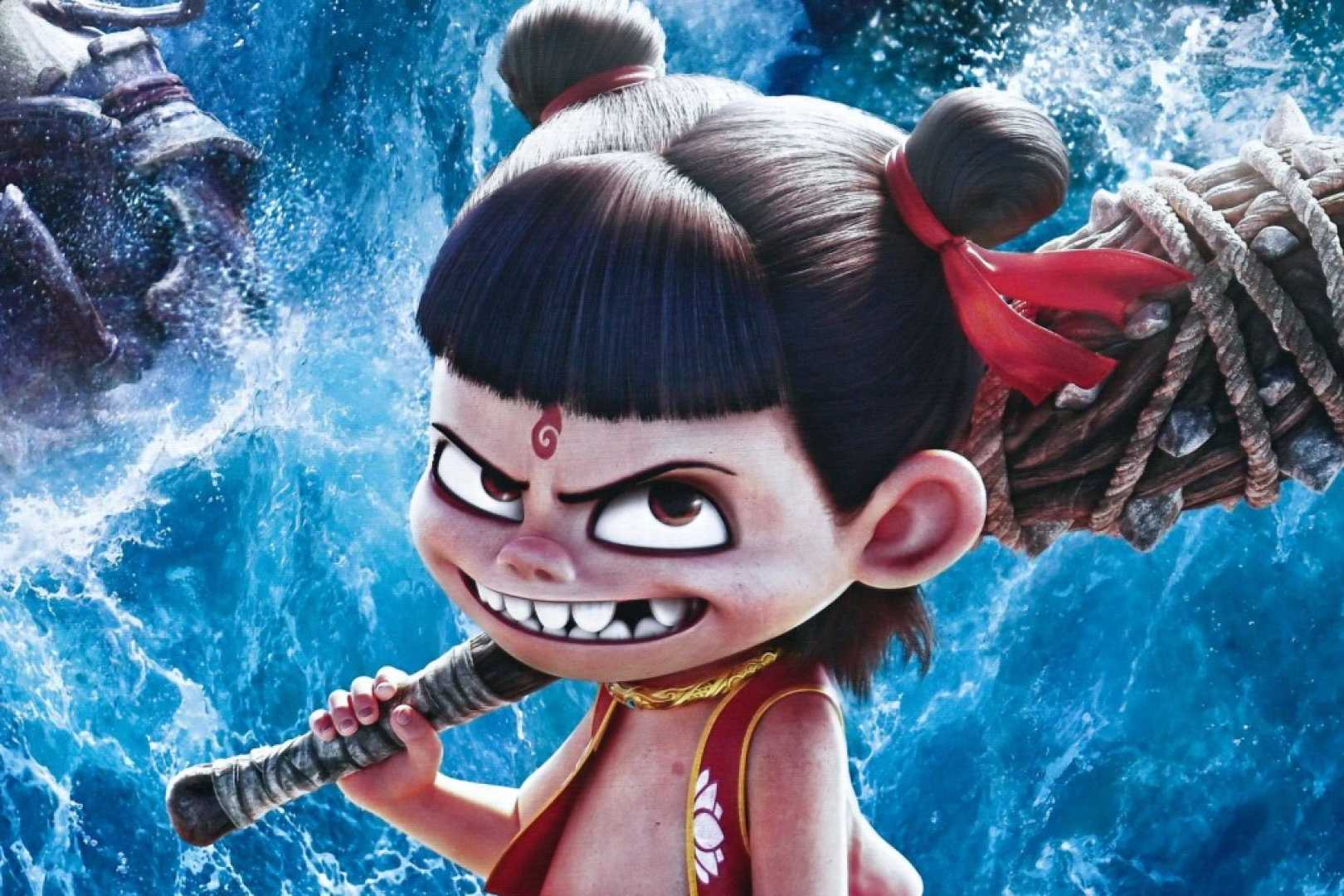Entertainment
Chinese Animated Film ‘Ne Zha 2’ Breaks Box Office Records

Hong Kong, China — The animated blockbuster “Ne Zha 2” has made waves in the film industry, shattering box office records in China and becoming the highest-grossing movie of all time in a single market, earning $1.4 billion since its release on January 29, 2025.
The film, which is loosely based on Chinese mythology, surpassed the previous record set by “Star Wars: The Force Awakens,” which had garnered $936 million in the United States and Canada in 2015. Furthermore, “Ne Zha 2” is now the first non-Hollywood film to enter the global top 20 highest-grossing films.
Its phenomenal success comes as a beacon of national pride for China, celebrating a significant achievement in domestic filmmaking amidst a struggling economy. Audiences, state media, and officials alike have recognized the milestone, marking a shift in a market historically dominated by Hollywood.
In recent years, homegrown Chinese films have started to surpass their Western counterparts, boosted by rising cultural pride, sophisticated storytelling, and advancements in technology. The trend reflects a broader shift in China’s cinema landscape, where filmmakers have begun to produce films that resonate with local audiences.
Following its record run in China, “Ne Zha 2” has embarked on an international release, starting with Australia and New Zealand on February 13 and North America on February 14. The film has already become an instant hit among the Chinese diaspora, with many fans lining up for premieres and pre-purchasing tickets.
“Even those who weren’t previously interested in anime, like me, are drawn to this movie because of the enthusiasm and the glowing word of mouth in China,” said Summer Wang, a data analyst who attended the film’s premiere in Los Angeles.
Stephanie Zhan, a jewelry sales manager in Sydney, described her commitment to seeing the film even in severe weather conditions. “It had a complete story arc with nuanced emotions, and the fight scenes were spectacular – on par with the epic battles in something like ‘The Avengers.’”
Director Yang Yu has noted that the film was produced entirely in China, utilizing 138 animation companies and over 4,000 crew members. Initially, he sought collaboration with international studios for key scenes but ultimately brought the work back to Chinese artists due to unsatisfactory results.
Despite recognizing the gap that still exists between Chinese animation studios and their foreign counterparts, Yang is optimistic about the progress being made in the Chinese animation industry.
“It’s a very successful commercial film. On one hand, it’s got advanced animation technology, and on the other, it excels in storytelling,” said Xiaoning Lu, a cinema expert at SOAS University of London. “It’s family-friendly and fun to watch with a touch of rebellious spirit.”
The film has generated significant discourse regarding its themes, including a narrative that resonates with national identity and challenges authority. Some audience members have interpreted elements of the film as subtle political commentary, including nods to issues related to the United States.
As reported, the film quickly hit the milestone of 100 billion yuan ($13.7 billion) in ticket sales, overtaking “The Super Mario Bros. Movie” to become the third-highest-grossing animated film ever, just behind Disney’s “Frozen 2.”
Chinese officials have hailed “Ne Zha 2” as an emblem of China’s burgeoning cultural influence and a new avenue for cultural exchanges. However, as the film heads into international waters, it faces competition from major releases like “Captain America: Brave New World,” and industry experts have expressed concerns regarding its appeal to broader audiences beyond the Chinese community.
“I do not see it having the same potential to transcend cultural boundaries as ‘Crouching Tiger Hidden Dragon’ did at the start of this century,” said Sabrina Qiong Yu, a film and Chinese studies professor at Newcastle University, hinting at the challenges ahead for domestic films seeking global recognition.
As audiences eagerly anticipate its release worldwide, China remains enthusiastic about continuing to foster its animation industry and storytelling prowess.












